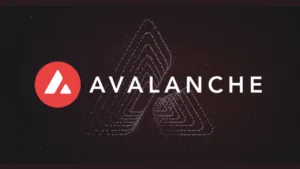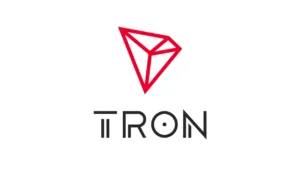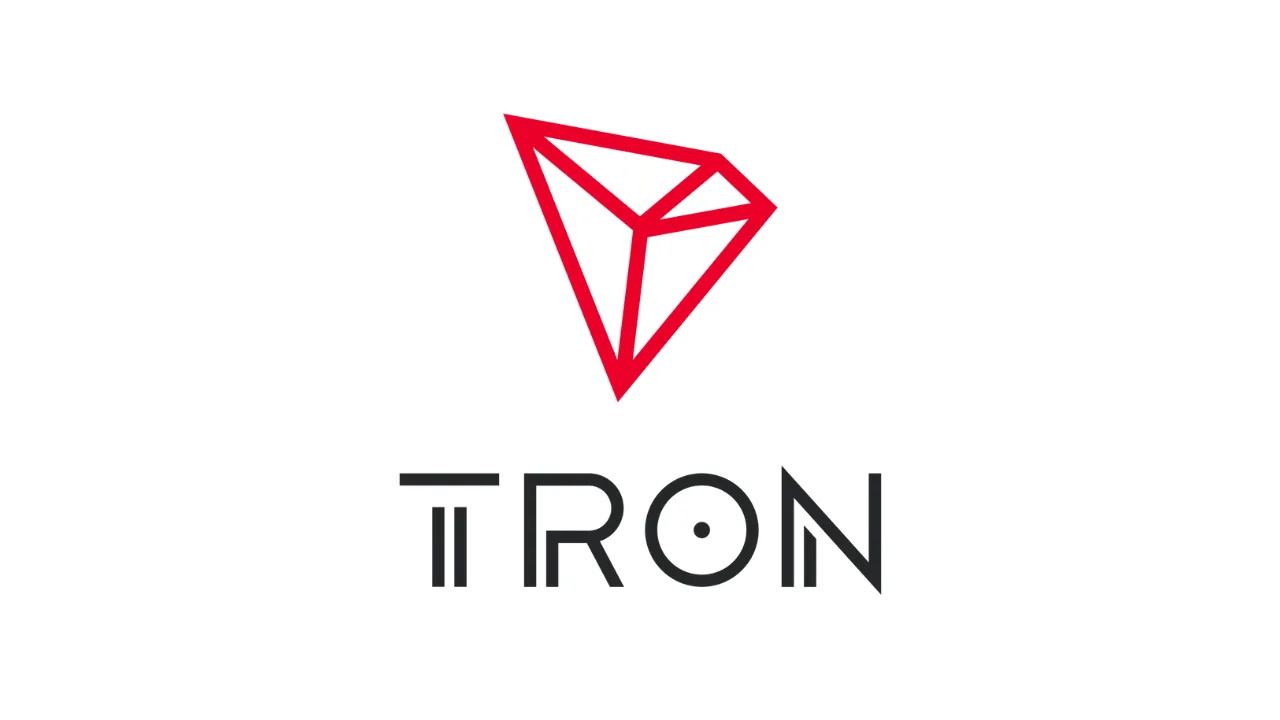Ethereum infrastructure provider, Nethermind, has swiftly addressed a critical consensus bug that was recently discovered in its minority execution client. The bug had been preventing node operators from validating blocks, which has led to renewed calls for increased client diversity on Ethereum.
Versions 1.23 to 1.25 of Nethermind’s client were found to contain the consensus issue. This was confirmed by Nethermind’s co-CTO, Daniel Cadela, in a tweet on January 21st. A hotfix update, version 1.25.2, was promptly released within hours of users reporting a failure to process blocks.
Bug Sparks Debate on Ethereum Client Diversity
The bug was first reported by a GitHub user named “wga22,” who noted that their Nethermind execution client had stopped processing blocks. While the incident only impacted a minority of Ethereum nodes, it has sparked a fresh debate about the network’s dependence on the majority of Geth clients.
Currently, Geth powers over 84% of Ethereum’s execution layer, with Nethermind claiming just an 8.2% market share. This level of centralization on a single client introduces systemic risk, argue proponents of decentralization.
Analyst Anthony Sassano, in a tweet last August, stated that “Client diversity is one of the Ethereum ecosystem’s greatest achievements.” This was at a time when the distribution was more balanced between Geth and Nethermind.
The recent need to push an emergency hotfix underscores that bugs can occur in any client. Advocate ‘Marceaueth’ posted on January 21st, “Nothing against Geth, but you’re taking on disproportionate risk by running it.”
A similar bug in the majority of Geth clients could have had far-reaching implications for Ethereum. Execution client diversity has been a recurring concern, especially as the Ethereum ecosystem recently transitioned to proof-of-stake with the Merge. The Ethereum Foundation had previously urged stakers to migrate away from the dominant client to ensure a distributed upgrade.
Now, the focus has shifted back to diversifying sequencers and execution layers to mitigate systemic vulnerabilities. Decentralization maximalists argue that Ethereum cannot realize its core value proposition while relying so heavily on a single client like Geth. Critics counter that adequate distribution has already been achieved, with all minority client outages handled smoothly so far.
However, the latest Nethermind incident serves as a stark reminder of the importance of fault tolerance and redundancy measures in blockchain networks that aspire for maximal security guarantees.













